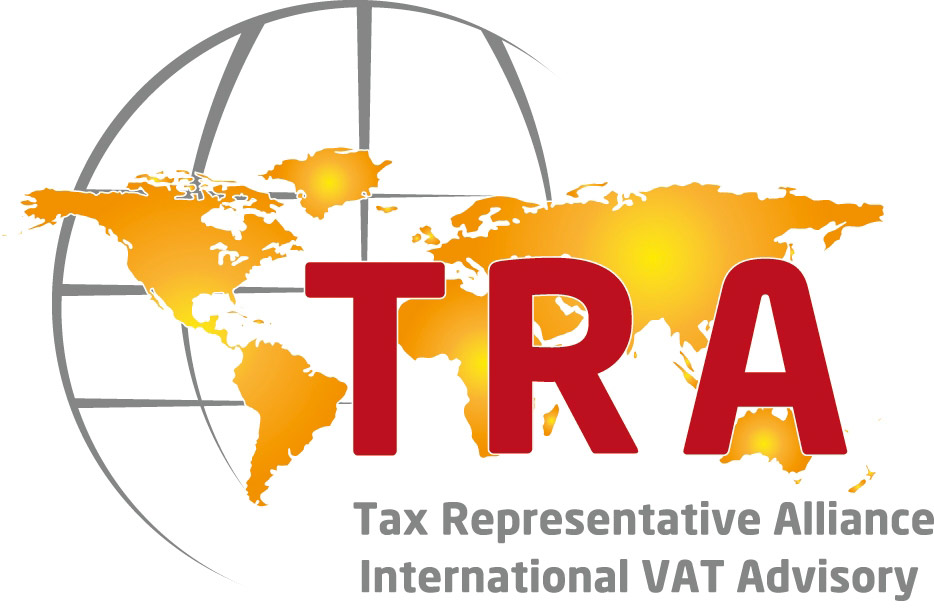Three major changes to Greek VAT are already in force with effective date 1/1/2018 which affect a significant number of taxpayers and businesses.
Particularly:
- 30% reduced VAT rates have been abolished on 27 frontier Aegean islands. Those are the islands of Agathonisi, Agios Efstratios, Alymia, Arki, Astypalea, Giali, Ikaria, Kalymnos, Kassos, Kastelorizo, Kinaros, Levitha, Lipsi, Marathos, Nimos, Nisyros, Oinousses, Patmos, Samothraki, Fournoi, Halki, Psara, Pserimos. To the inhabitants of these islands, as a counterweight to the burden of VAT increases, a special allowance has been given to the social dividend models, i.e. income and property criteria. VAT rates increased from 5% (medicines, press) to 6%, from 9% (fresh food, hotel accommodation, water, electricity) to 13% and 17% (all other services and products) to 24%.
- The reduced VAT rates on five Aegean islands that have been particularly affected by the refugee crisis are being maintained for another six months, i.e. until 30th June. Those are the islands of Chios, Kos, Lesbos, Leros and Samos.
- The supply of services by nursing homes and of care facilities for the elderly that operate as private businesses for the supply of accommodation and hospitality will be subject to the reduced VAT rate of 13%.
- It is expected, in 2018 or by 2019 the latest, that the gross revenue threshold for the optional exemption from VAT will increase. Today, the VAT exemption threshold is 10.000 euros and the institutions want to increase it even to 25.000 euros. By raising the threshold, hundreds of thousands of taxpayers and small and medium-sized businesses will be exempted from VAT. Following this exemption, taxpayers do not collect or set off VAT but continue to pay it to their suppliers. The increase in the exemption threshold is promoted in order to reduce the administrative burden of tax administration for monitoring and controlling thousands of small and medium-sized companies with limited tax interest.


